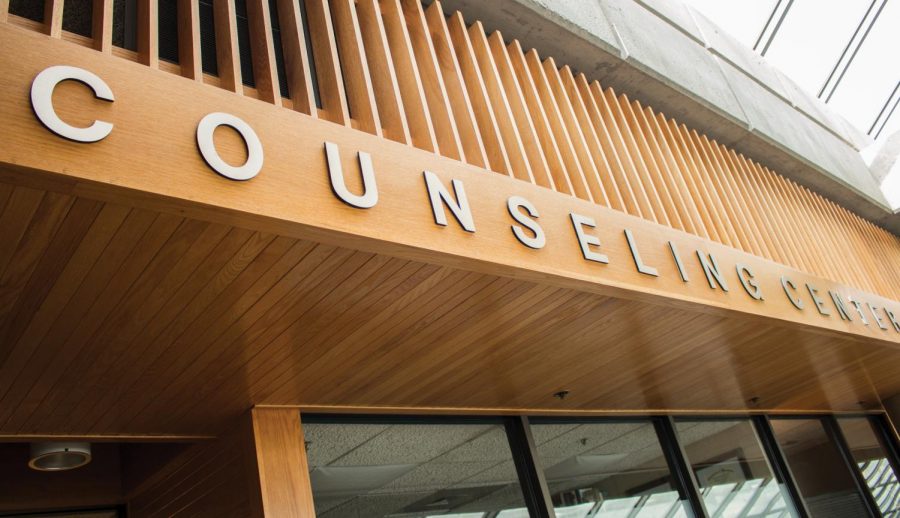Mindfulness Center Offers Free Resources For Mindfulness and Meditation Practice
The U Mindfulness Center and Counseling Center work together to provide students with free resources for coping with stress and practicing mindfulness.
January 26, 2021
Student life can be stressful, with virtual online learning and COVID-19 on top of living away from home, academic expectations and financial demands. But there are resources like the Mindfulness Center to assist students on campus with these everyday stressors.
The University of Utah’s Mindfulness Center and Counseling Center work together to provide students with free resources for coping with stress and practicing mindfulness. They offer workshop series for various services, including mental coaching, life balancing, time management and “COVID chaos.”
According to the American Institute of Stress, at least 80% of college students experience frequent or constant stress during the semester.
Interim clinical director for the U’s Counseling Center Josh Newbury said that mindfulness can help create an awareness of emotions and how to address them directly, such as stress.
“Mindfulness helps us to be aware of our feelings, feelings are information [and] when we have awareness of this information we can make more of the decisions that we want to,” Newbury said.
In January, the mindfulness center began offering their Feel Better Now series, with a variety of options of workshops for students to choose from. While providing these series, the center also offers online guided meditations and self-help resources. These are free to students, all they need to do is register to receive a link to the Zoom invitations.
“There is a lot of mindfulness and meditation in there, but there’s also cognitive behavior therapy, dialectical behavioral therapy, there’s a lot of ideas from therapy that are combined in this workshop that is totally free for students,” Newbury said.
For students who might not have a flexible schedule, the mindfulness center offers their drop-in guided meditation sessions held on Zoom throughout the semester, which don’t require registration. These will be held every Tuesday, Thursday and Friday at 12:30 p.m., as well as Monday and Wednesday at 3:30 p.m., with the exceptions of university breaks and holidays.
“Right now it’s really accessible because everything’s online,” Newbury said. “Mindfulness and meditation are really awesome alternatives in that they teach us how to be present to our own thoughts and emotions, and how to notice those without putting ourselves under pressure to change them or get rid of them.”
The drop-in meditation typically lasts 30 minutes and is followed by a voluntary discussion at the end, about the clarity and emotions felt during the meditation.
Studies have shown that practicing mindfulness can improve mental health, physical wellbeing, academic success, confidence, efficiency, sleep and focus while relieving stress and anxiety.
Wendy Joseph, a political science and international studies student, said there are many ways mindfulness can help with academic performance.
“It can help your overall health in general, and in terms of academic performance it can really help with relieving stress which can, in turn, relieve those migraines and those headaches that might keep someone from being able to perform academically,” Joseph said.
Joseph expressed gratitude for one of her classes where her instructor, U Professor Joseph Metz, would begin each class with a relaxing, meditative breathing session.
“It’s shown me the capacity of how I can think and how I can control it, which isn’t something I was able to do before,” Joseph said. Newbury said students often use self-criticism and pressure as a way to focus, and mindfulness is a more effective and gentle way to do that.
“When you notice what’s going on, that awareness helps you come back to the present moment,” Newbury said.
He suggests mindfulness can positively impact students’ studies and focus abilities, as well as alleviate stressors from outside sources.
The counseling center encourages students to make use of free resources the university offers, not only because it is free to students but in the interest of their well-being.
“Mindfulness and meditation will help you to be aware of your thoughts and your feelings, and with feelings in particular they really do want to be paid attention to and feelings can get better when we notice them in a mindful way,” Newbury said.
Further information on dates and registration can be found on their website.







